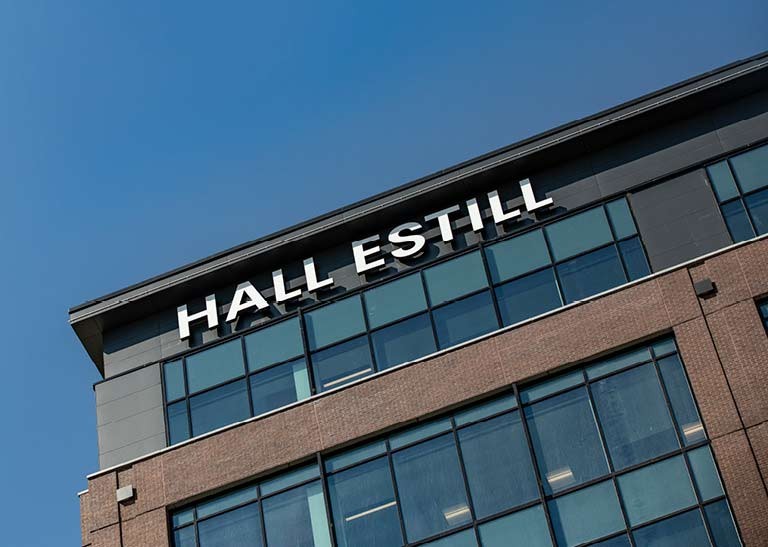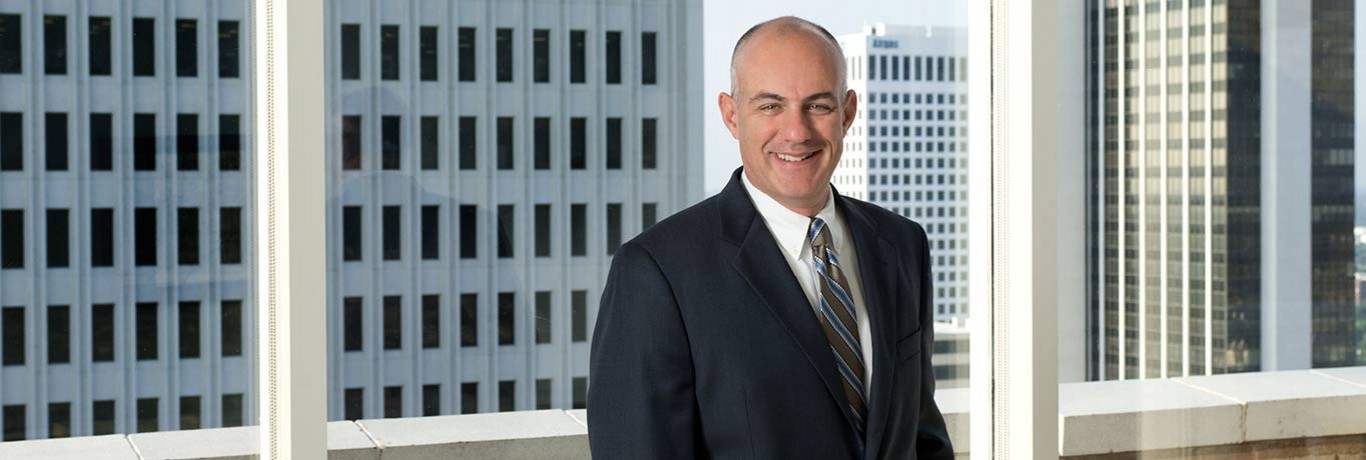

News & Insights


News & Insights
April 2021
Bloomberg Law
The U.S. Supreme Court’s narrow view of autodialers under federal anti-robocall law in a case involving unwanted texts from Facebook Inc. could shield other companies from expensive class actions over their contacts with consumers.
The decision is seen as a win for companies defending against a wave of lawsuits over robocalls. Companies including Home Depot Inc. and Quicken Loans LLC backed Facebook’s argument in the case.
The robocall law addressed random or sequential dialing, a method that most businesses or other organizations contacting consumers don’t use today. Instead, they often market to consumers using targeted lists, according to John Richer, a shareholder at law firm Hall Estill who specializes in the TCPA.
The Supreme Court’s ruling means businesses “text blasting” consumers at random will still have exposure to liability under the robocall law, Richer said. Those using targeted marketing should have an easier time shaking off consumer claims, he said.
The Supreme Court’s ruling means businesses “text blasting” consumers at random will still have exposure to liability under the robocall law, Richer said. Those using targeted marketing should have an easier time shaking off consumer claims, he said. READ MORE HERE

